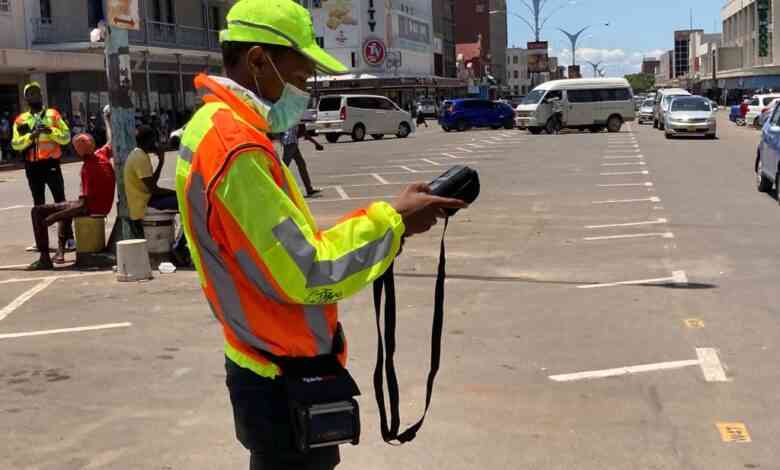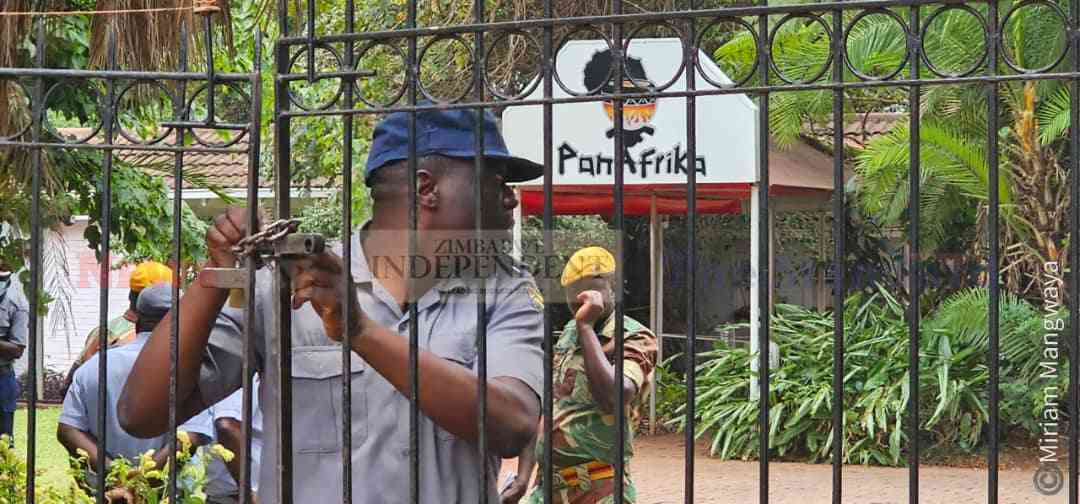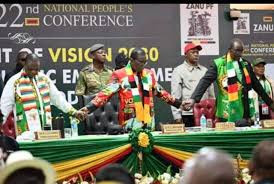
BULAWAYO's controversial vehicle parking management scheme is under the spotlight after city fathers queried why the company awarded the tender was not rehabilitating roads in terms of the contract.
There has been a groundswell of discontent from residents and motorists over the US$2 million vehicle parking tender awarded to Tendy Three Investment (TTI) in 2022.
Under the deal, which is Build Operate and Transfer (BOT), Bulawayo City Council (BCC) will receive 30% of the proceeds while TTI retains 70%.
Residents and the opposition Zapu last year petitioned the local authority to cancel the tender while one city lawyer filed court papers suing both TTI and BCC.
In defence, the council said proceeds from the deal will also be used to fix the city's bad roads in the central business district (CBD).
Latest council minutes, however, indicate that some city fathers want the deal re-looked as they expressed concern over the state of roads in the CBD despite BCC and TTI making profits from parking fees.
“Council had promised to rehabilitate most of the CBD roads once the parking management was in place. Pothole patching should also be improved,’’ said councillor Felix Mhaka.
Mhaka was supported by other councillors with councillor Mpumelelo saying proceeds from parking fees should be channelled to roadworks in the CBD.
- Bulawayo struggles to clear housing backlog
- Japanese embassy rescues 260 HIV orphans in Mbare
- Council acts tough on debts
- Bulawayo struggles to clear housing backlog
Keep Reading
Councillor Silas Chigora, however, defended TTI and blamed central government for the poor state of the roads.
“TTI vehicle parking management company was not realising a lot of revenue as anticipated,” Chigora said.
“The amount was far less than what the council should receive from Zimbabwe National Road Authority (Zinara) and Devolution Funds.
“The city had a large population of vehicles which paid licences to Zinara. Zinara had not disclosed to local authorities how much it was collecting from vehicle licensing.
“It would be fair if local authorities were paid by their population of vehicles licenced.”
At its inception in February last year, the scheme received a backlash from stakeholders who felt the US$1 parking fee for 30 minutes was exorbitant while others felt the deal was a disadvantage to the local authority.










